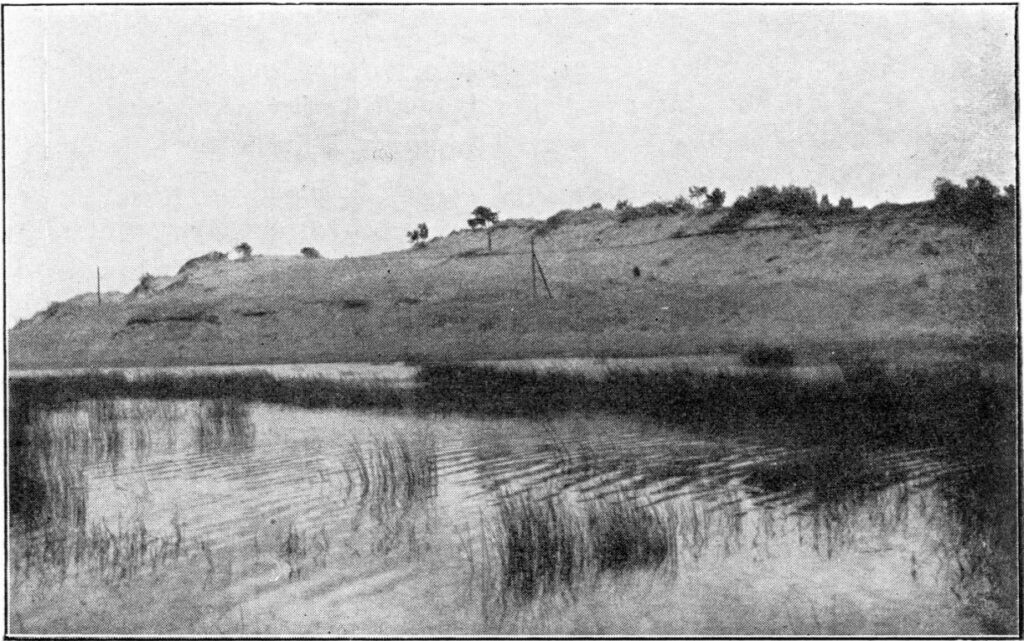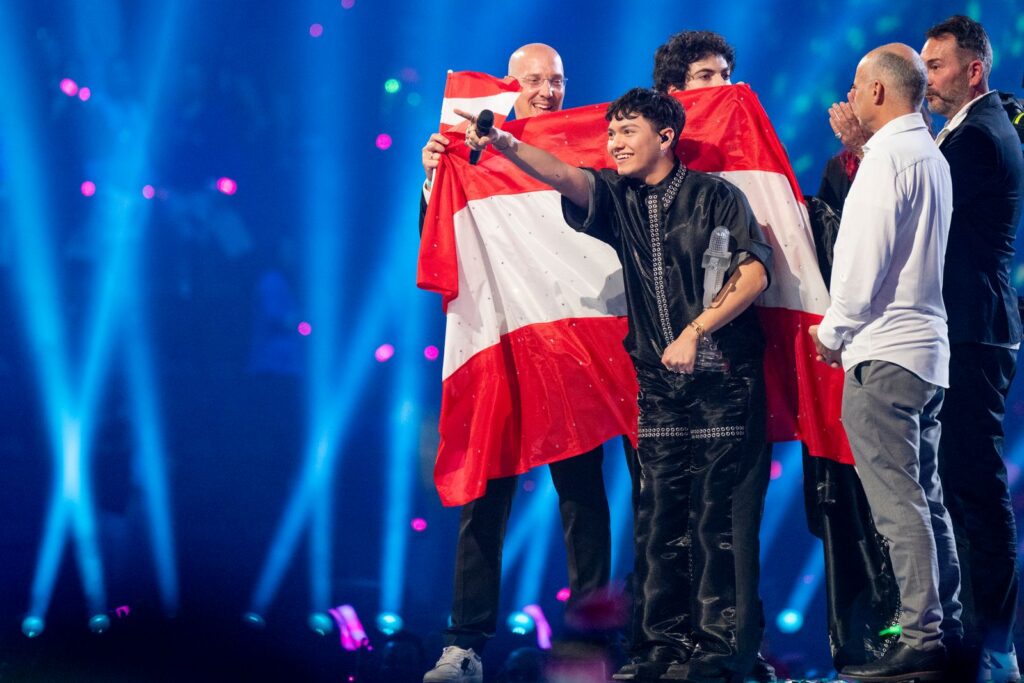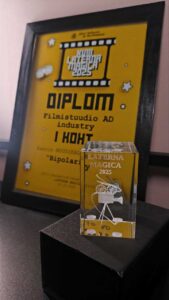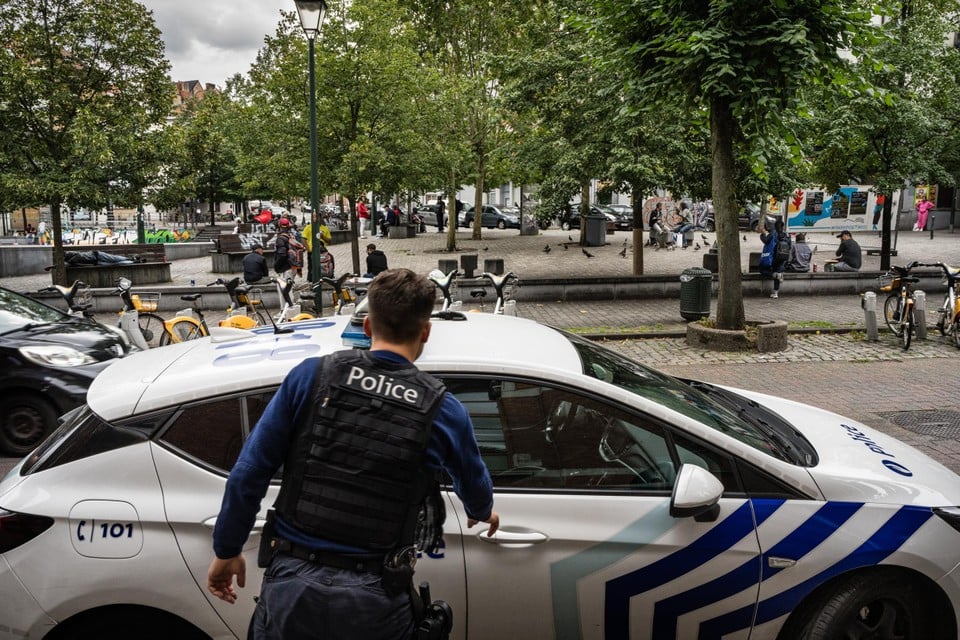An attempt to tax real estate of citizens of Tallinn. Peace Treaty on the Narve River

Arnold Paul Suvalep. « History of Narva. Danish and Livonian periods. » Start Here.
Since Narve was not able to achieve his goals in Tallinn, at least purchase weight salt in the Tallinn port, and the authorities of the order could not do anything, Narva decided to independently find funds to provide pressure on Tallinn. A good opportunity for this was the real estate of the Talinn merchants in Narva, who were free from all public duties since the founding of Narva.
During the stay of the Tallinn burgomaster Gerda Vitte in Narva in 1415, to conclude an agreement on the training camp from saved ships, the Narvsky magistrate drew attention to the need to establish a Tallinn real estate tax in the city: the natural duty of all property owners was to help the construction of defensive fortifications, since this task would not have been within the power of one residents of Narva. Members of the Narva magistrate explained that the inhabitants of Tallinn must pay a tax of 1 brand per year for each barn in Narva, a stone house and a personal plot. Witte, hearing this, laughed and said that the day would hardly come when Tallinn would have to take care of strengthening the Narva city walls, their construction and repair.
Such an answer, of course, was offensive to the magistrate and citizens of Narva. Immediately, on November 24, 1419, the magistrate turned to Tallinn already in writing. Narva categorically demanded from Tallinn to notify all her citizens who are not in the Burgherism of Narva and have real estate in the city, to sell her during the “one year and one day” to Narva citizens, threatening to close all the barns and houses, and confiscate empty areas. The letter noted that the inhabitants of the Narva are very concerned that they should protect and protect the property of those who are not a citizen of Narva and have no obligations to the city.
Meanwhile, the position at the border was so aggravated that in early August the master of the order considered it necessary to create a guard shuttle on the border. The Narva VOGTU had to take on the implementation of many diplomatic assignments. At the beginning of summer, he took part in negotiations with the commandant of the Vyborg fortress Krister Nickelisson, in the fall, along with the Tallinn burgomaster Richard Lange and the representative of chivalry, he took part in the embassy to the King of Denmark, and in December visited the Supreme Master of the Order in Prussia, to whom he presented two hunting falcons.
In April or May 1420, Fogt Narva again detained the Russian trade convoy. Tallinn because of this asked if such actions could be a danger to trade ties. The master of the Order with his intervention helped to eliminate the brewing conflict, ordering the Narva VogTU to issue all confiscated goods.
But shortly after this, another unpleasant event occurred. On the Neva River, unknown pirates attacked Russian merchants heading to Tallinn, and seized goods worth 2000 silver ingots or 10,000 Riga brands. The merchants were captured and taken to Germany.
At this time, intensive negotiations were conducted to resume a peace treaty with Russians. On August 24, 1420, the master of the Order, together with the Novgorod ambassadors, went to the City City Congress in Undannu. Russian ambassadors proposed a plan according to which the border was supposed to pass in the middle of the Narva River. In addition, the Russians sought from the Order of the promise that in the event of war, the Swedish troops would not attack Russian lands from the territory of Livonia. Order authorities found the proposals of the Novgorodians unacceptable.
Narva categorically demanded from Tallinn to notify all her citizens who are not in the Burgherism of Narva and have real estate in the city, to sell her during the “one year and one day” to Narva citizens, threatening to close all the barns and houses, and confiscate empty areas.
In 1420, the plague epidemic reached Livonia for a couple of years in Novgorod and devastated all its areas. The years preceding the plague were cropped, the people were starving, so mortality was very high. The cities were empty, since the population fled from the epidemic to rural areas. Life in cities froze. The dispute between Tallinn and Narva on real estate lost his severity and, apparently, as a result of this, measures directed against Tallinn real estate owners in Narva were never carried out.
In the fall, negotiations with the Russians were continued. The master of the order sent ambassadors to Novgorod. The agreement was not reached, because The Russians persistently demanded half of the Narva River. All that the ambassadors reached is an agreement on a meeting on the Narva River on January 26 next year.
Preparation for this meeting began in advance. On December 20, 1420, the master of the order asked at a congress of cities in Tallinn to help successfully negotiate not only a word, but also by business. Since the Novgorodians intended to arrive under Narva, accompanied by a large army, Tallinn needed to take care of the necessary protection: it was supposed to send 60 arrow-arboretors in the iron armor. So that military equipment was not noticeable, it should be hidden in a sleigh. In advance, the Tallinn burgomaster Werner Van Deme, endowed with the master of the Order of special powers, went to Narva. At the end of the year, the translator of Master Hartke Zassenbeke was negotiating in Novgorod, from the letters of which it turned out that the mood in Novgorod was unfavorable due to the robbery of goods on the Neva. Zassenbek advised that the yard and Viliandi fogty would collect troops and be ready for war. To merchants, the transition across the Narva River was prohibited.
In early January, Russian merchants from Novgorod, partly from the Neva River, arrived in Narva. Werner Van Demea acted according to the instructions according to him and sent merchants to Tallinn, where they were kept until the master of the order came to Narva.
On January 26-28, a congress with the ambassadors of Novgorod was held on the Narve River. From the side of the order, Master Siegfried Lander von Schpanham himself was on the spot, who was given ordinary honors. A magnificent retinue arrived with him. At the head of the Novgorod embassy were two Novgorod posadniks and the son of the Lithuanian Prince Patrikey Fedor. Among the Tallinn Ratsgers, Gerd Witte and many others were also present.
Preliminary negotiations gave such good results that a peace treaty could immediately be fixed on both sides by kissing the cross. The conditions of the world remained the same, the border also remained the same, i.e. The Russians, in essence, abandoned their complaints to half the channel of the Narva River.
In addition to the clauses of the contract, by which the parties came to an agreement, other issues were also discussed in respect of which special agreements were concluded. So, the old question was resolved about compensation for damage for the Russian goods taken back during the master of the Order of von Bruggenya.
In negotiations, the most difficult question was about robbing the Neva and captured by merchants. The Russians became known that the looted property and captured merchants were taken to Germany, Lubeck or Vismar. The ambassadors of the order had the opportunity to shift the blame on others: the Hanseatic cities do not obey the Order, and Novgorod himself needs to take care of resolving these issues. Thus, there were no formal obstacles to concluding the contract, although this issue itself remained unresolved. The ambassadors of Tallinn were in a much more difficult situation, they had to protect the interests of the Hansa. As the Russians later confirmed, the representative of Tallinn Gerd Witte said that the city of Wismar was not part of the Hanseatic Union.
In addition to negotiations with Novgorod, Ratsgers Tallinn had the opportunity to discuss some controversial moments in the relations of two cities with the Ratsgers of Narva. Apparently, at this meeting, the parties chose a more peaceful tone for negotiations.
Around the same time, the Narva Magistrate was headed by a young energetic burgomaster, the son of a Tallinn merchant and a member of the Tallinn Bolshoi Guild German, who in his activity tried to pursue a friendly policy against Tallinn, so friendly that the Narvsky Vogt filed a complaint with the master of the order. But then, in defense of Love, the merchants of Tallinn origin stood up, explaining that he did everything that the merchants did in the interests of the merchants.
(To be continued)
The Post An attempt to tax real estate of citizens of Tallinn. Peace Treaty on the Narve River FIRST Appeared on gazeta.ee.








